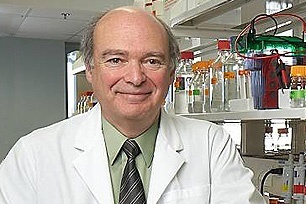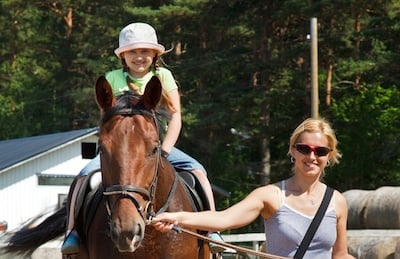Topics: Research
Jessica Bohonowych

Jessica Bohonowych is a graduate of Duke University, and holds a PhD in Pharmacology and Toxicology at the University of California, Davis. Incorporating her research background, knowledge of pharmacology and drug development, and teaching experience, Jessica works with Theresa Strong in managing FPWR’s grant portfolio, communicating research results and breakthroughs to our community, aiding in special projects such as the Clinical Trials Initiative and Molecular Resource Center, and is heading the development of the Global PWS Registry.
Recent Posts
Many of the clinical trials for therapies in PWS involve a drug treatment of some sort. However, there is also ongoing work exploring other ways to improve behaviors and possibly hyperphagia (excessive appetite) in PWS. One such approach is transcran...
Cognition, social behavior, and decision-making are common challenges among individuals with PWS. The brain region that controls many of these functions is called the frontal lobe. To date, there has been little work on understanding differences in t...
Topics: Research
All individuals with Prader-Willi syndrome (PWS) have at least one copy of the PWS region from their mother, but it is turned off through a normal biological process called genomic imprinting. Normally, the chromosome 15 that is inherited from the fa...
Topics: Research
Although hyperphagia (excessive appetite) is a hallmark of PWS, it's one of the most difficult features to accurately measure and characterize. Currently, the main tools in this area are questionnaires about food behavior and food interest. These can...
Topics: Research
Individuals with PWS are at higher risk for osteoporosis than the general population. Osteoporosis is due to low bone mineral density and leads to weakened bone strength and increased risk for fractures. Dr. Yossi Tam at the Hebrew University of Jeru...
Topics: Research
We're thrilled to announce our first round of PWS research grants for 2017! Seven outstanding projects were selected for funding, totaling $795,221 in support. These projects address a variety of topics important in PWS, including behavior, genetics,...
Topics: Research
A new study highlighted in Medical News Today further supports the benefits of hippotherapy with regards to behavioral tasks and cognitive development. Hippotherapy is the use of horseback riding as a therapeutic or rehabilitative treatment.
Topics: Research
A new multidisciplinary PWS clinic at Vanderbilt University provides comprehensive and innovative care of children and adults with PWS. The clinic will enable patients to see a variety of PWS specialists in one location, easing the burden on patients...
Topics: Research
Vagus nerve stimulation (VNS) offers the possibility of a unique, non-pharmacotherapy for treating behavior in PWS, Prader-Willi syndrome. A small pilot study involving three patients with PWS has shown promising results, and next steps are already u...
Topics: Research














